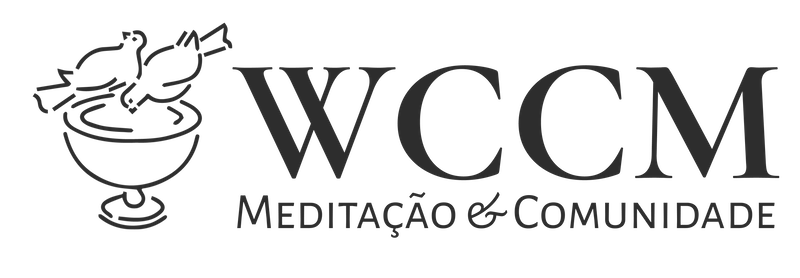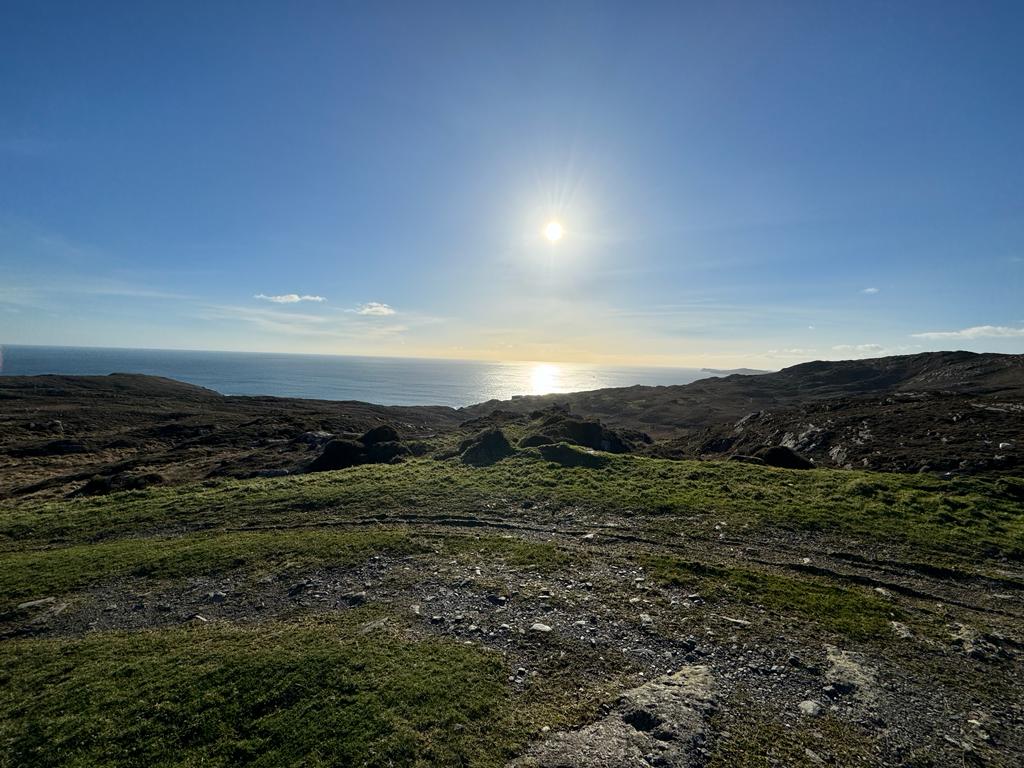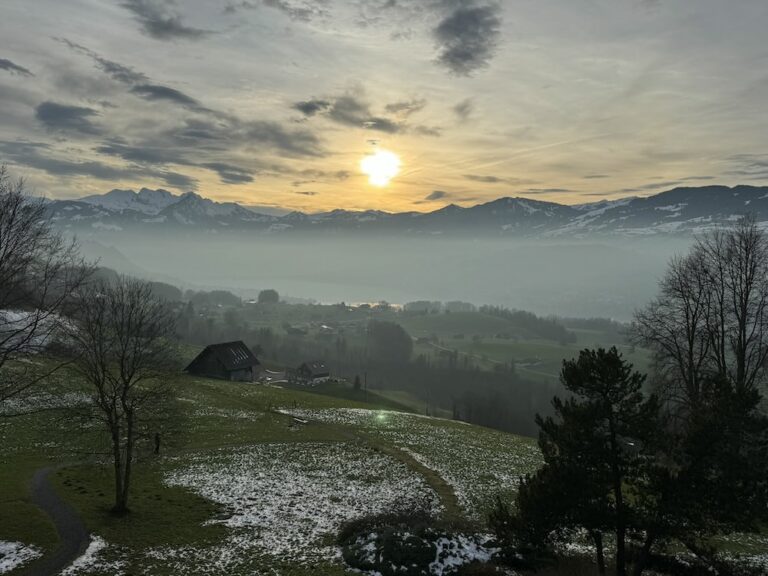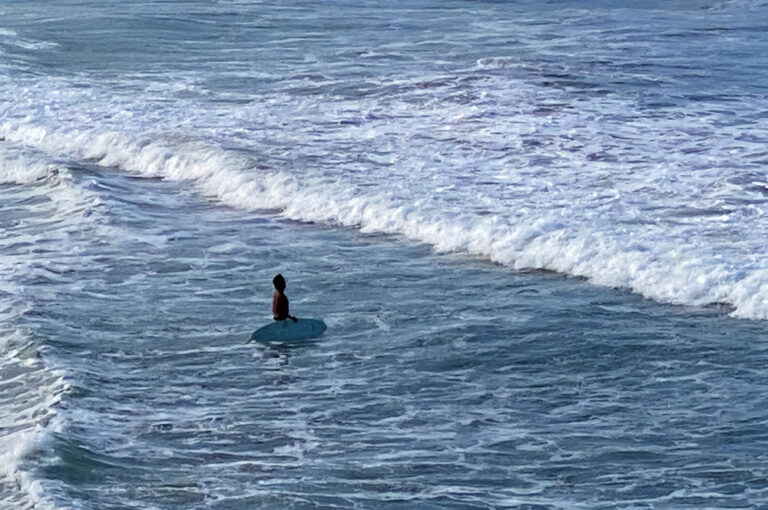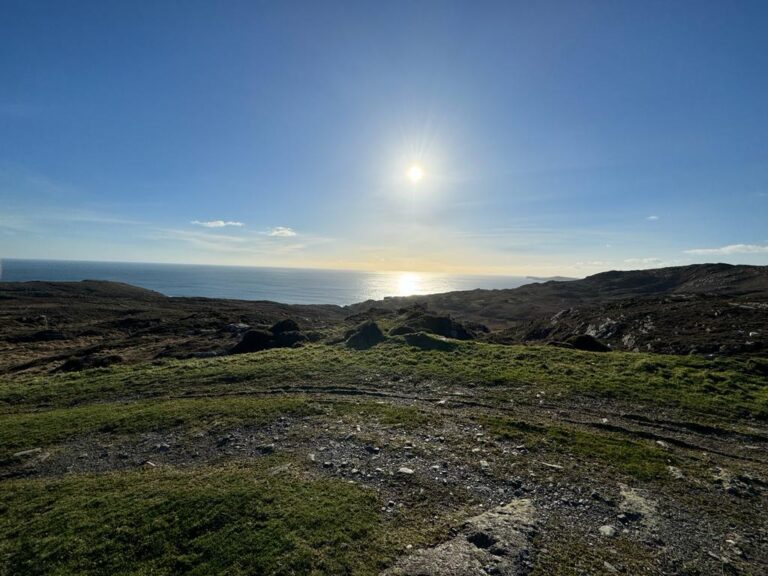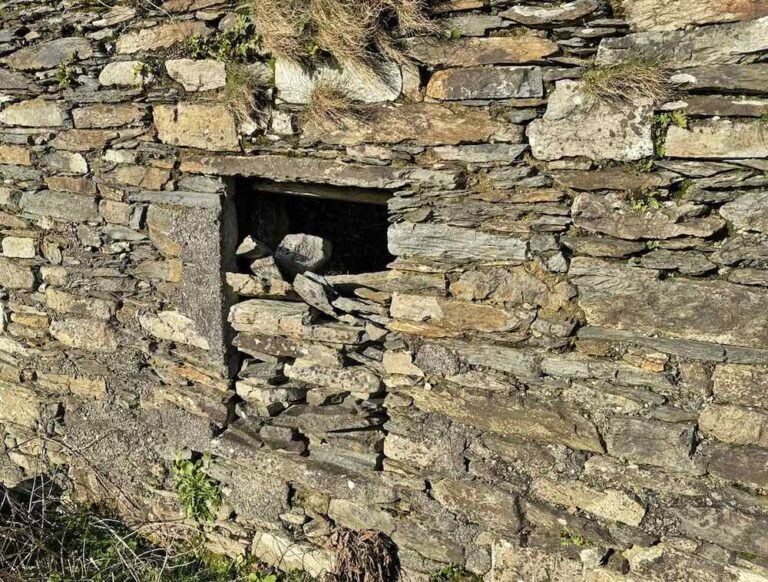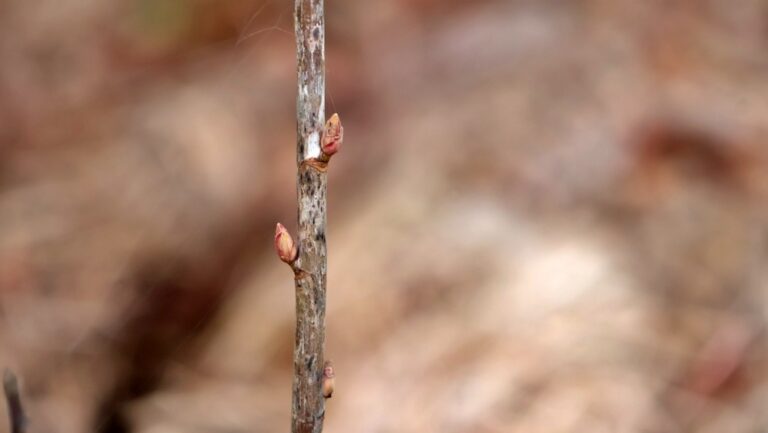Segunda-feira da terceira semana da quaresma
Os milhares de pessoas que ousaram ir ao funeral de Alexei Navalny em Moscou na semana passada estavam se arriscando muito, sobretudo sua liberdade física. Por que tal gesto? Ao fazê-lo, declararam que podiam ver através da mentira sob a qual o Estado russo está forçando os seus cidadãos a viver. Não exige que as pessoas acreditem na vida, mas apenas que neguem que é mentira e abracem o pretexto de fingir que é verdade. Fazer as pessoas viverem assim – a religião e a maioria das instituições sociais, incluindo as famílias, têm um histórico de fazer o mesmo – é destruir a sua alma em troca de aceitação e segurança. Mas de que adianta ganharmos tudo o que queremos às custas do nosso verdadeiro eu?
Os enlutados também testemunhavam, corajosamente numa sociedade tão saturada de mentiras, que só “a verdade vos libertará” (Jo 8,31).
A verdade é suprimida assim que começamos a pensar nela como uma resposta, uma explicação ou um dogma. A palavra grega para verdade é ‘alethia’ que significa literalmente ‘não estar oculto’ ou ‘não escondido’. É interessante que seja expresso desta forma aparentemente negativa (apofática), em vez de ser uma definição simples. Mas a verdade nunca é algo fixo ou pelo menos não por muito tempo. A experiência da verdade ocorre quando vemos e sentimos a eliminação contínua da falsidade ou da ilusão. Poderíamos dizer que é revelada como o puro “ser” das coisas – ou pessoas – a sua autenticidade e presença real.
É por isso que sentimos a verdade na maneira de ser de uma pessoa bem como naquilo que diz; mas vemos mais plenamente a verdade no que eles fazem. O teólogo Dietrich Bonhoeffer lutou contra a mentira nazista até finalmente se juntar à resistência a Hitler, luta pela qual pagou com a vida. Isso o levou a ver, o que todos nós aprendemos com a experiência diária, que a verdade é sempre a coisa certa a ser feita. É na ação e não apenas nas palavras que a verdade é revelada.
É fazendo a coisa certa que nos elevamos acima dos medos e desejos da consciência egóica auto centrada e isolada. Fazemos isso quando meditamos, quando não estamos sonhando acordados:
Então corte a alça, a tira e a corda.
Destrave as portas do sono e da vigília.
(Dhammapada 26)
É assim que a verdade nos liberta e nos mostra que a liberdade também não é o que normalmente pensamos. É uma relação entre duas pessoas que são livres uma para a outra. Bonhoeffer disse: “Só sou livre na relação com o outro”. É por isso que a meditação nos unifica e é por isso que os enlutados em Moscou na sexta-feira passada foram um sinal da nova Rússia à espera de ser libertada.
Navalny, tal como Bonhoeffer, mostrou supremo desapego ao fazer o seu sacrifício. O desapego – que é disciplina – é necessário para conhecermos a verdade que nos liberta. No cerne deste mistério do ser está um estado de não apego e até mesmo de não ação. Novamente, o Dhammapada descreve isso lindamente:
Como um grão de mostarda na ponta de uma agulha,
Como uma gota d’água na folha de uma flor de lótus,
Nós não nos apegamos.
Texto original
Monday Third Week of Lent
The thousands of people who dared to go to Alexei Navalny’s funeral in Moscow last week were risking a lot, not least their physical freedom. Why do so for a such a gesture? In making it they declared that they could see through the lie under which the Russian state is forcing its citizens to live. It does not demand that people believe the live but only that they deny that it is a lie and join the pretence pretend it is the truth. Making people live like this – and religion and most social institutions, including families, have a history of doing the same – is to destroy their soul in return for acceptance and security. But what’s the point if we gain everything we want at the cost of our true self?
The mourners were also testifying, courageously in such a lie-saturated society, that only ‘truth will set you free’ (Jn 8:31).
Truth is suppressed as soon as we start thinking of it as an answer, an explanation or a dogma. The Greek word for truth is ‘alethia’ which means literally ‘not being concealed’ or ‘unhiddeness’. It is interesting that it should be expressed in this apparently negative (apophatic) way rather than being a straightforward definition. But truth is never a fixed thing or at least not for long. The experience of truth is when we see and feel the continuous clearing away of falsehood or illusion. We could say it is revealed as the pure ‘isness’ of things – or people – their authenticity and real presence.
This why we feel the truth in a person’s being as well as in what they say; but most fully we see the truth in what they do. The theologian, Dietrich Bonhoeffer, struggled against the Nazi lie until he finally joined the resistance to Hitler which he paid for with his life. It led him to see, what the rest of us learn from daily experience, that truth is always the right thing to do. It is in action not just words that truth is revealed.
It is in doing the right thing that we rise above the fears and desires of the isolated and self-centred ego consciousness. We do this when we do meditation, when we are not daydreaming:
So cut through the strap and the thong and the rope. Unbolt the doors of sleep and awake (Dhammapada 26)
This is how truth sets us free and shows us that freedom, too, is not what we usually think. It is a relationship between two people in which we are free for the other. Bonhoeffer said, ‘only in relationship with the other am I free.’ This is why meditation brings people together in unity and why the mourners in Moscow last Friday were a sign of the new Russia waiting to be set free.
Navalny, like Bonhoeffer, showed supreme detachment to make his sacrifice. Detachment – which is discipline – is necessary for us to know the truth which sets us free. At the heart of this mystery of being is a state of non-clinging and even non-action. Again, the Dhammapada describes it beautifully:
Like a mustard seed on the point of a needle,
Like a drop of water on the leaf of a lotus flower, We do not cling.
